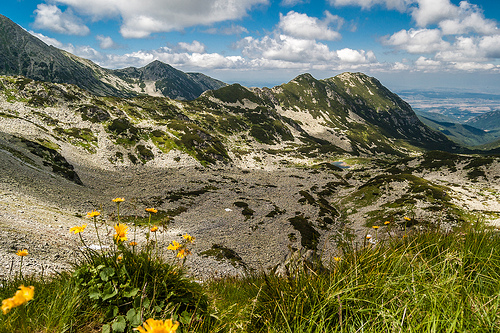The people of Romania are known for being warm, friendly and hospitable. They readily accept foreigners not just into their country but also their homes. Many of the locals act as host families to tourists as well as expats. While they treat their guests like royalty, they also expect to receive a fair amount of respect and consideration in return. Unfortunately, it can be quite easy for expats to offend their hosts due to cultural differences.Below are a few basic tips on how to avoid offending the locals in Romania.
Address people correctly
Honorific titles are quite important to Romanians as they denote respect and a level of formality. Omitting them can cause offence.
When you are introduced to someone, always address them using their title and surname until they ask you to call them by their first name. Sometimes even friends address each other using titles with the first name.
People in Romania are more formal than North Americans, Australians, and Brits. They generally do not use first names unless they are given permission to do so. In fact, Romanians seldom move to a first name basis outside their family and friendship circle.
Treat invitations very seriously
Food is an integral part of Romanian culture. The locals generally cook large meals and invite people over. Declining an invitation to a meal is regarded as a personal insult to the host. Do not casually turn down an invitation, and once you have accepted an invite, make sure you attend the event.
Guests always arrive on time for small dinner gatherings. It is acceptable to arrive up to 15 minutes late for a larger party.
Remove your shoes indoors
The streets of Romania aren’t the cleanest, and so many host families prefer that visitors take off their shoes before entering the house. However, this isn’t the norm everywhere, and it is therefore best to check if the others have left their shoes at the front door. If you are not sure, check with your host instead of walking in with your shoes on.
Follow social etiquette
At a dinner table, always wait to be told where you can sit as the host may have a seating plan in mind. Also, don’t begin eating until your host or hostess says “pofta buna” (good appetite).
Almost all Romanian hosts offer their guests second or third helpings. Refusals are regarded as a sign of being polite and are therefore not taken seriously. Your host may end up placing more food in your plate even after you have said “no”.
If you really don’t want more, you’ll need to insist a couple of times. Place your knife and fork across the plate with the prongs facing downward & the handle towards the right.
Give and accept gifts
If you are planning to give someone flowers, stick to roses or carnations. Make sure that you give an odd number of flowers, as even numbers are strictly for funerals.
Alternatively, chocolates, wine, cosmetics, clothing, and souvenirs are all acceptable gifts for social events. Wrapping a present up before giving it shows consideration.
Many Romanians open their gifts immediately. It is advisable to follow this practice when you receive a present too.
Stay away from controversial topics
When conversing with people you don’t know very well, or even with colleagues, it is best to avoid topics like religion, politics, and economic problems. You will often find different but strong opinions on these issues, which could lead to unnecessary ill-feeling. Moreover, many foreigners assume (incorrectly) that Romania was a part of USSR and that the language is Slavic, which the locals can find offensive. Romany people (the Travelling community) face much racial discrimination in Romania and it is also best to avoid this topic. Unless you’re with close friends, it is best to stick to safe, everyday matters like the food, weather, sports, and current affairs.
Dress semi-formally
Considering the more formal Romanian culture, it is best to wear a suit for meetings, presentations, and other business occasions. For other social occasions, people dress up in semi-formal attire; jeans and sneakers are generally avoided.
Women visiting a church or a monastery are expected to dress conservatively, in full length skirts or trousers and tops that cover their shoulders.
Can we improve this article? Something wrong? Let us know in the comments.

